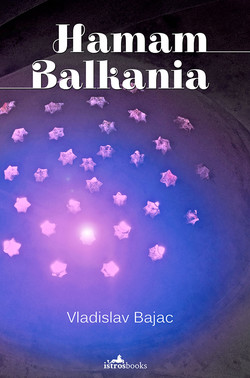Читать книгу Hamam Balkania - Vladislav Bajac - Страница 17
На сайте Литреса книга снята с продажи.
ОглавлениеFrom its over-use during schooling, I have an aversion to the definition of anything. Yet, continuing with the topic of the melding of literature and maths (another school word that introduced children into the sphere of operations with numbers), I developed an irresistible urge to define money. And this is the conclusion I came to: money is a value expressed in numbers. It may seem that such a conclusion does not require a lot of intelligence. Couldn’t we say the same thing about, for instance, time: years are a value expressed in numbers. Ha! Precisely, just as many other things could be expressed with the exact same definition. But that’s not the point. If it is true that this ‘wisdom’ can be applied to many other concepts and phenomena, that does not mean that the original definition is not correct nor does it annul the existence of things.
What do I want to say? Well, that value cannot be equated with quality. Therefore, there is a different meaning in the claim ‘money is a value expressed in numbers’ and ‘money is quality expressed in numbers’. Now we are getting to the so-called crux of the matter: imagine when certain writers give in and equate the system of value expressed in numbers (the place held by their book on the top-list, let’s say) with the quality of their book. You do not know which is harder to forgive: the vanity of the writer or the creators of those monstrous apparatuses – the top-lists.
Yet such phenomena would not be worrisome if they remained at the level of phenomena. However, they move on to becoming the focus, with the aim of becoming the rule and the natural order of things. No longer incidental or ephemeral, their goal is to become, and remain, a lasting value: quantity is equal to quality.
But how does this look in practice? Recently I was invited to a presentation by a popular authoress defending numbers. In order to prove that her first-place ranking on the list of most read books was unquestionable in every way, she compared herself with the most highly regarded writers of the century! Of course, in her ego-research she did not seek or find any corresponding numbers like, for example, the places held by the books of those respected writers in the top-lists of the time. True, she could not find them because at that time such lists did not even exist, because they were also not necessary. Writers then held their positions based on merit, and they did not mark them numerically. I guess my message is clear. Our writer was offended because earlier someone had publicly dared to challenge her claim that the first place is also the place of the best. She confused this formula with another, rather enticing one: that the first place is also the best one.
And let there be no mistake: the first place may be the best place, but that does not in any way mean that it is the place of the best.
